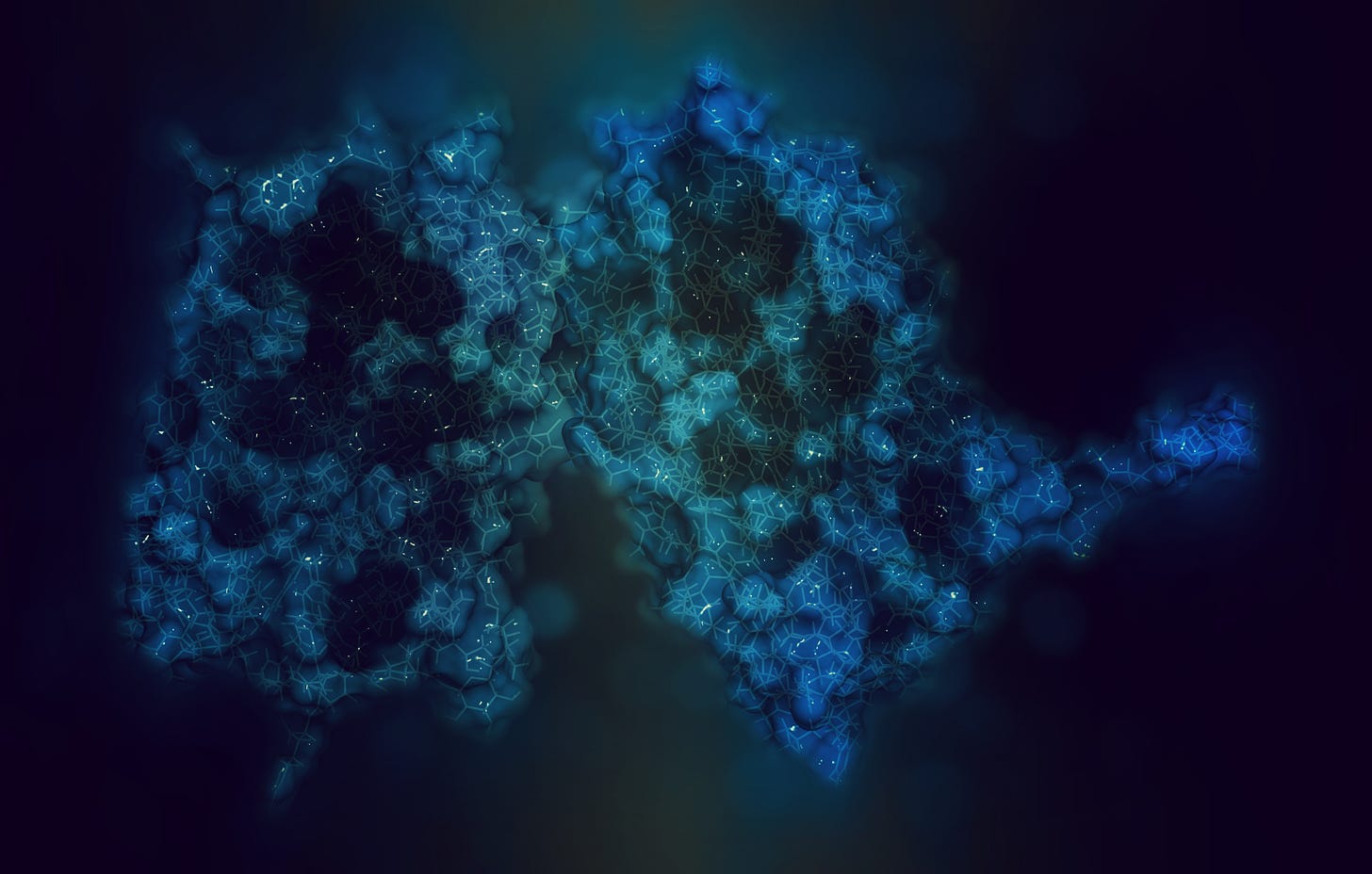Recently, a few friends had almost an allergic reaction to the word “privilege” during our conversations, where I was admitting my own privileges. This inspired me to conduct a series of studies on this previously unnamed yet prevalent illness.
Symptoms
When having their privilege hinted at or pointed out, patients hyperventilate (flabbergast😱), develop hives (red faces and sometimes necks🥵), tremors (excessive head shaking🙂↔️), and slurred speech (talking nonsense🤬, often defensive, always in denial). “Wooo I don’t like that word!” They’d say. That’s usually the prodrome or warning sign of their symptoms.
Privilege Hypersensitivity Disorder (PHD)
This is "Privilege Hypersensitivity Disorder" (PHD). It’s a chronic, persistent auto-inflammatory condition. The onset of illness is typically in adulthood, but it is probably subclinical during childhood — some may call it entitlement or fragility. In this sense, it is contagious, though only to vulnerable individuals. We haven’t identified any specific genes associated with this condition but it seems at least partially hereditary. A protein appropriately named “entitlenin” has been proposed to be responsible for the transmission of PHD.
Patients often confabulate expertise in their fixed beliefs (by definition, delusions), as if they had spent years of their lives engaging in extensive and meticulous scientific examinations of said beliefs. Therefore, the acronym “PHD” is appropriately ironic and sarcastic. (With this new term, when conducting patient interviews, clinicians can simply say: you must have the PHD!)
Risk Factors
So far, no sex predominance has been observed. Risk factors include higher socioeconomic status, living in gentrified areas, high-volume voices, and a lack of diversity in social networks, among other things. Belonging to a non-dominant culture or disenfranchised group, on the other hand, appears to be a protective factor.
Treatment
Though no cure has been discovered, treatments mostly involve dialectical behavior therapy and ample education. In my opinion, this should only be done by extremely compassionate and highly trained clinicians, preferably those who belong to a multidisciplinary team with strong peer support. Deep engagement is often required, however, might not be sustainable. To avoid moral injury, loss of friendships, or social reclusion, please don’t provide treatments at home to patients with PHD.
Future Studies
This cohort study has its limitations. Future research should focus on coping mechanisms for patients suffering from PHD, desensitization strategies, prevention methods, and ultimately, a cure. But more importantly, more funding should be directed to supporting those in their social circles, as they often suffer more than the patients themselves. Conversion therapy remains a controversial, however in certain situations, viable option.
As I am still in the data collection phase of my investigation of this condition, I welcome your case studies, research proposals, and ideas for treatment approaches.





F***ing fantastic! I wonder if there is some correlation with the similarly highly prevalent and under-recognised condition of 'testerical' males. This testeria seems exacerbated in discussions of privilege and feminism🤣
Despite the disclaimer in the text that no variants have been found, I've observed a few variants in PHD. There’s the academic variant, the generational wealth variant, and the genetic inheritance of good looks variant. Clearly, more work needs to be done.